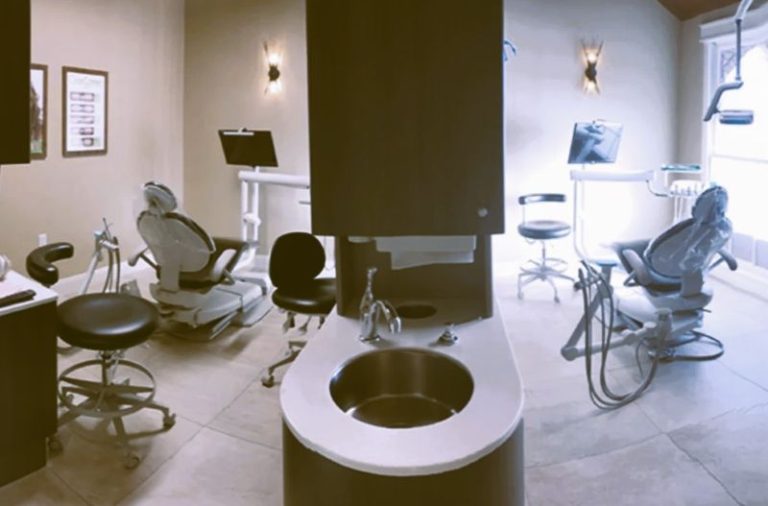

Exploring barriers and facilitators to adolescent contraceptive care today.

By Dr. Sarah Green
PolicyLab Faculty Scholar
Children’s Hospital of Philadelphia (CHOP)
Adolescents in 2022 are faced with an ever-increasing number of challenges. In addition to coming of age during the COVID-19 pandemic and facing a growing mental health crisis, they must cope with the reality of the U.S. Supreme Court overturning Roe v. Wade, which had affirmed a constitutionally protected right to abortion.
Comprehensive reproductive health care includes both access to contraception and abortion, and we must do our best to make these rights accessible to our patients. On the heels of a U.S. Supreme Court decision that has led to increased state-based restrictions on access to abortion services, it is of the utmost importance that we maximize adolescents’ ability to prevent undesired pregnancy. Therefore, we must work to make free, confidential, same-day contraception available when it is desired. This is especially important given that youth are disproportionally affected by abortion restrictions.
In this piece, I will explore barriers and facilitators to adolescent contraceptive care today and how we can ensure that access to these services is maintained even as state protections for abortion care are uncertain and quickly changing.
READ ENTIRE ARTICLE AT POLICYLAB


